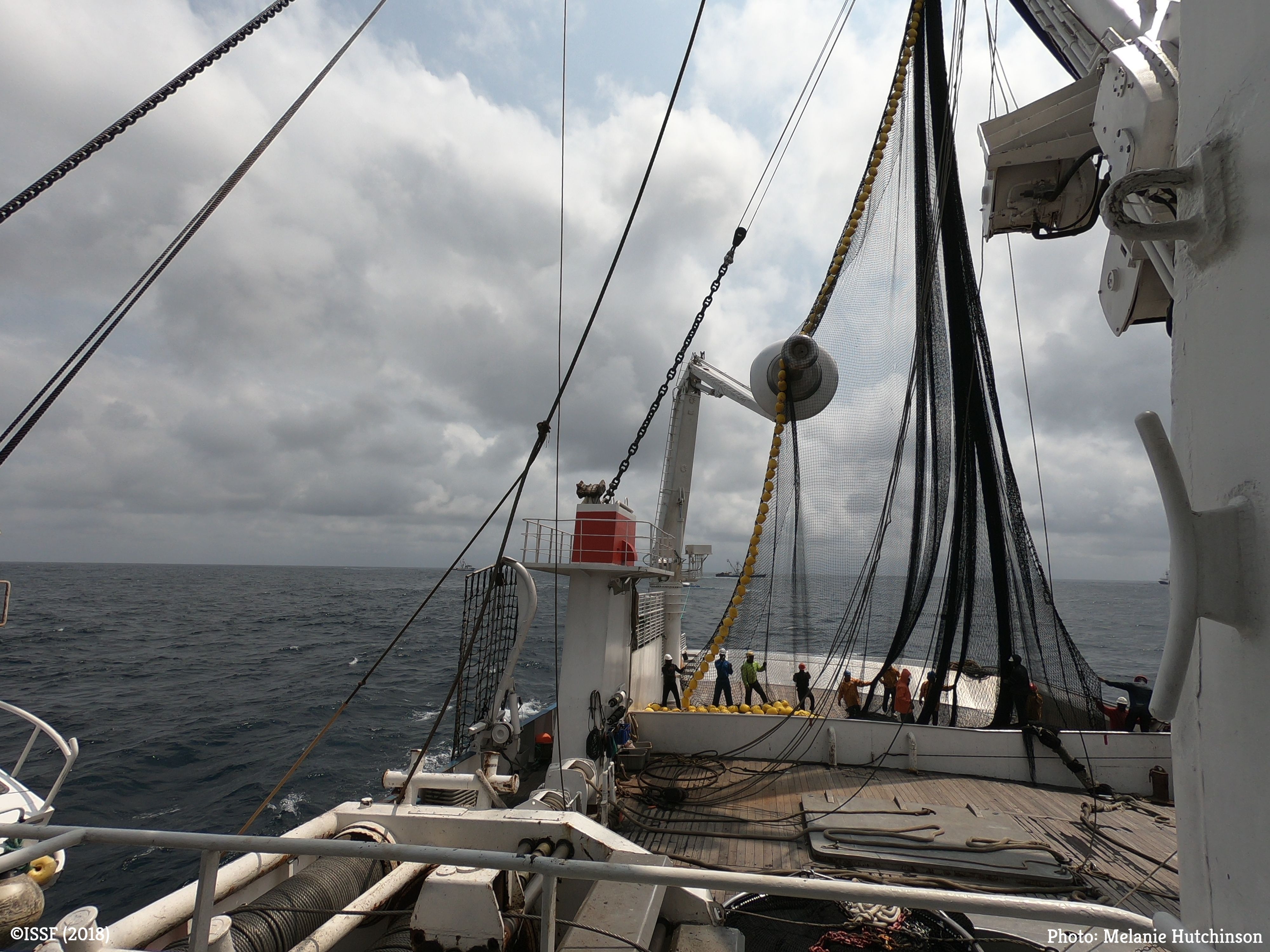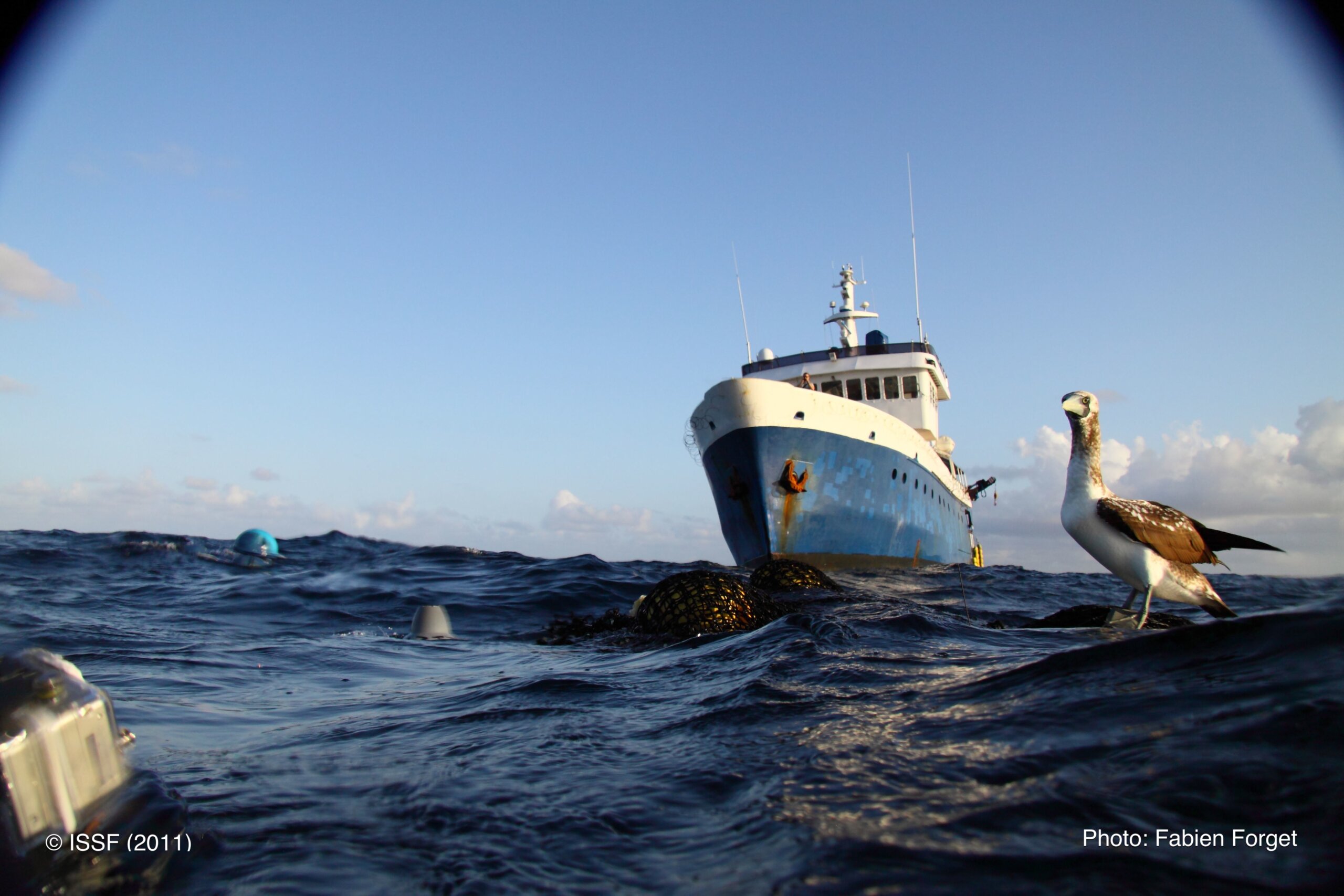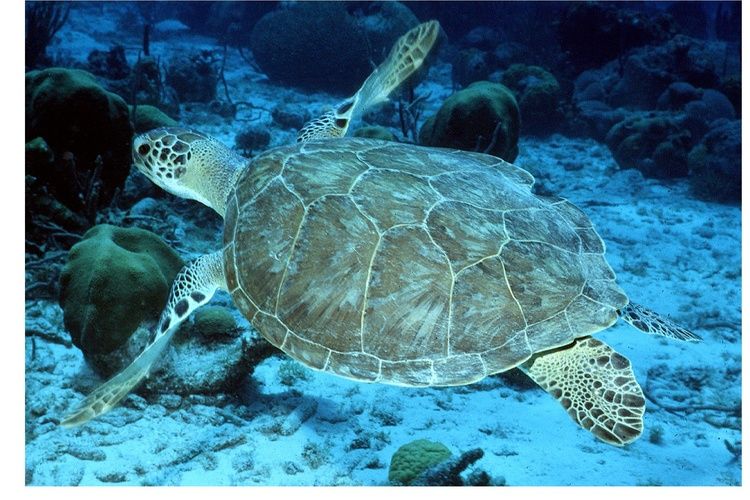
Charting the Course for Sustainable Fisheries
The Covid-19 pandemic has been a waking nightmare, unravelling normal life as we have known it — a unifying traumatic event that has been compared to the world wars of the last century, although of course there is no precedent in our lifetimes for the global public-health and economic crisis we are experiencing today. The future seems more uncertain and complicated than ever.
From Wuhan to Washington, DC — where the International Seafood Sustainability Foundation (ISSF), which I have led since its founding in 2009, is headquartered — and all points in between, the pandemic has been a grim reminder of how intertwined we are. To survive the pandemic, we’re dependent on the (pre)caution, sacrifices, intellect, and caring of others, including strangers we will never meet. And despite our 21st-century technological prowess, we are still dependent on natural resources and vulnerable to environmental threats — including ones we cannot see, hear, or touch.
The lesson? Human networks and other ecosystems are resilient but fragile. Cultivating and preserving that awareness, I believe, will serve us well post-Covid as we shift our mindsets and rebuild aspects of life that have been waiting for attention and transformation. The health of our oceans and marine resources is one of those aspects.
I am grateful that the small but devoted team at ISSF has remained healthy — working remotely in quarantine, perhaps just as you are, at home offices around the world. ISSF is fortunate to continue focusing on our work — sustainable fishing and ocean conservation is a mission predicated on optimism and international cooperation — which is a luxury that millions of people do not have right now. Being grounded these past months has been a jarring change from the intense travel schedule ISSF traditionally has kept — participating in meetings, giving presentations, and hosting workshops. But our forced solitude and slower pace have only deepened our appreciation of meaningful partnership — and heightened our sense of urgency about ISSF’s environmental commitments.
ISSF is an 11-year-old scientific research and advocacy organization ultimately aiming, in a variety of ways, to help tuna fisheries avoid overfishing, protect marine animals and ecosystems, and meet stringent Marine Stewardship Council fishery sustainability criteria.
Human Health, Economic Security, and Food Security
Along with our focus on the sustainability of tuna stocks and their ecosystems, we are especially concerned about the pandemic’s near- and long-term ramifications for the health of people onboard fishing vessels, monitoring catches at sea or in ports, and working in canning factories. We also are attuned to its impacts on economic security and food security: Tuna brings considerable value, from catches in national waters and sales of the finished product to families’ tables.
Covid lockdowns are preventing fisheries, governments, management agencies, marine scientists, and non-governmental organizations (NGOs) like ISSF from convening to discuss and deliberate on vital fisheries management and conservation issues. Those discussions, at their heart, are about safeguarding seafood resources and ocean ecosystems for our children, grandchildren, and future generations.
Sustainability stakeholders like ISSF have relied on those lively, real-time exchanges to enrich our knowledge and perspectives — and make us more informed and effective influencers of the fishery managers who participate in tuna Regional Fisheries Management Organizations (RFMOs), which establish fishing policies in their respective regions that governments then implement and enforce for their flagged vessels.
Even before the pandemic, based on science alone, we have known that time and action are of the essence in any and all environmental work. The four major tuna RFMOs, however, have had to postpone meetings to 2021 or convert them to online meetings, which is reasonable given the circumstance, and better than no discussion at all — but not optimal. Meeting agendas will inevitably be shortened as priorities are narrowed, and open debates will be more difficult and awkward to conduct. At a minimum, RFMO conservation measures that are due to expire should be extended so that they continue to apply next year. It would be short-sighted and self-destructive to weaken current requirements.
Maintaining Observer Coverage During Covid
ISSF is in good company in urging RFMO policymakers to stay the course as much as possible during Covid. In an April 7 joint letter to the tuna RFMOs, we and 18 other NGOs implored them to uphold their Monitoring, Control and Surveillance (MCS) programs. “Requiring the increased use of alternative methods for collecting, sharing and auditing of data,” we wrote, “would … provide some reassurance to the market of the traceability and verifiability of the global seafood supply, in this unsettling time, without jeopardizing food security more broadly.”
Due to Covid-based health requirements and travel limitations, placing human observers onboard fishing and transshipment vessels has proven to be difficult or impossible. As a result, some management bodies have suspended their observer requirements. Yet human observers on tuna vessels play a vital role in collecting data that is needed for scientific assessments and advice — and, in many instances, for monitoring vessels’ compliance with the management measures in place.
When human observers cannot currently be placed, RFMOs should expand their use of the MCS tools and technology that are available and could be effective now — and then restore their full suite of measures once Covid risks recede. In the letter, for example, we list steps RFMOs can and should take today to advance and expand the use of electronic technologies that will have a long-lasting positive impact on effective MCS programs post-pandemic. Vessels could be taking better advantage of electronic monitoring and reporting (EM/ER) systems, which are viable alternatives when human observers cannot be onboard to be objective “eyes and ears” to collect data, monitor operations, and assess social and labor conditions.
From my 23 years of professional experience in the seafood industry and seafood sustainability movement, I have seen that RFMOs are realistic about and motivated to overcome challenges, which admittedly are daunting in the time of Covid. I trust RFMOs and their member countries to be resourceful in finding workarounds to preserve their conservation measures — and not compromise the sustainability strides that have been made.


